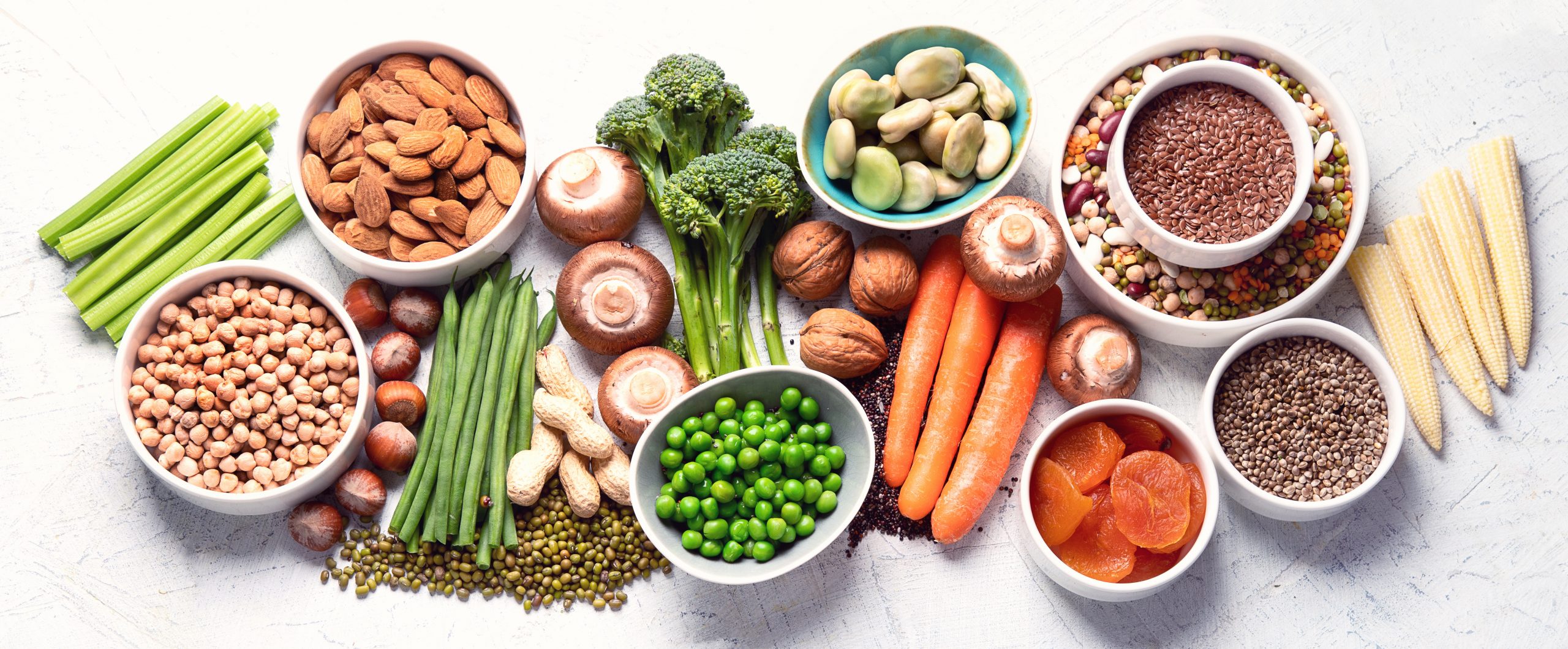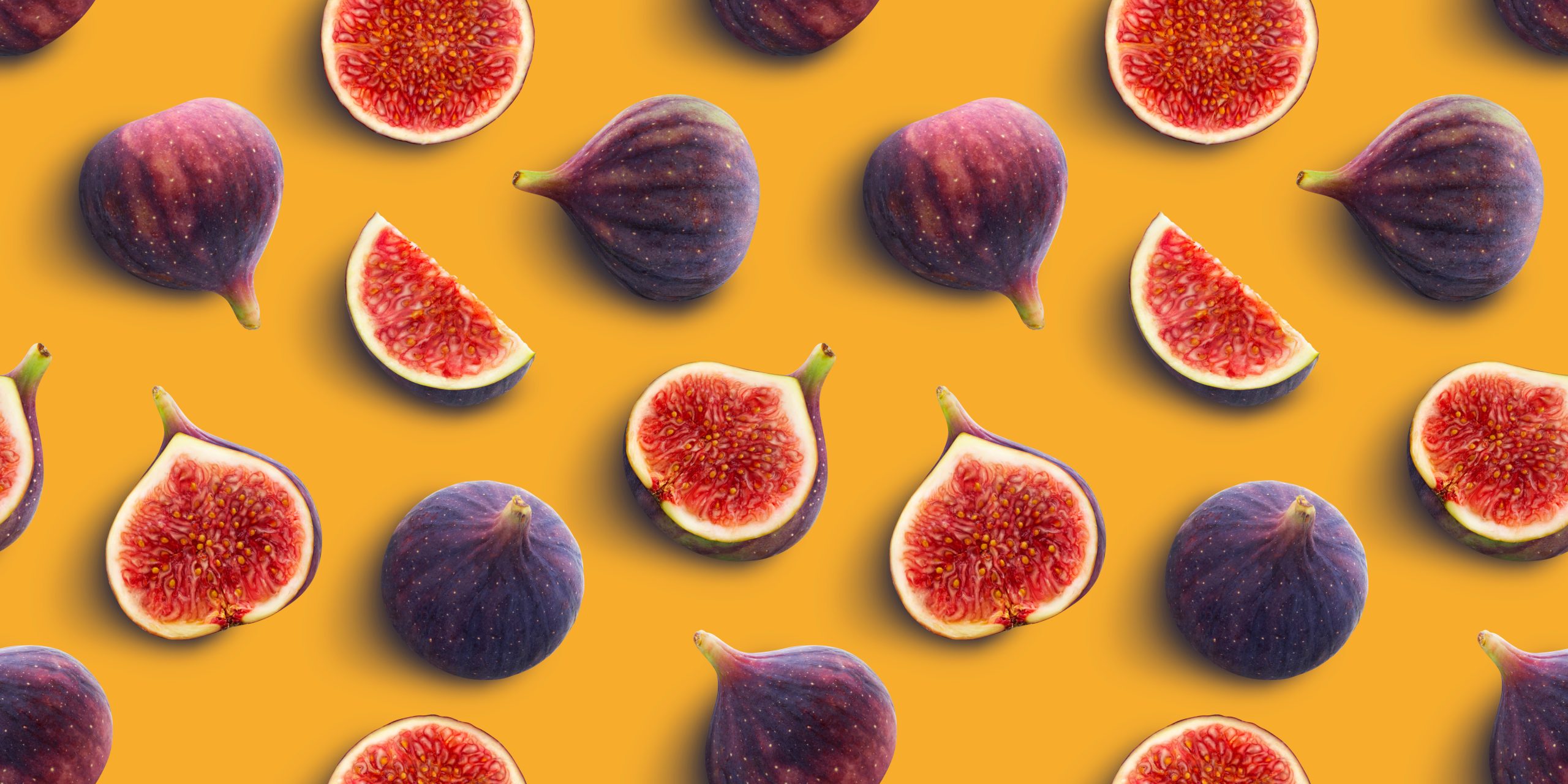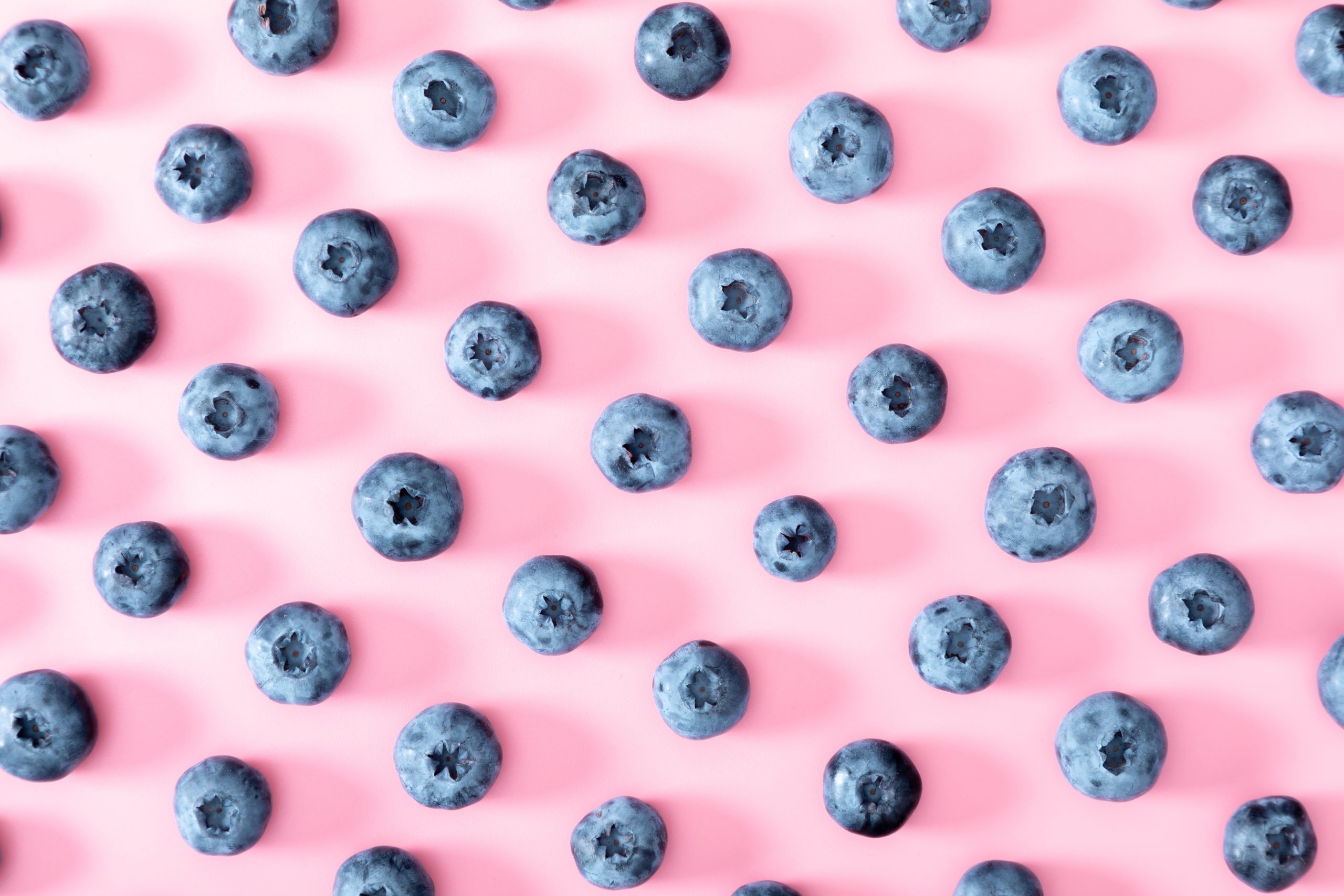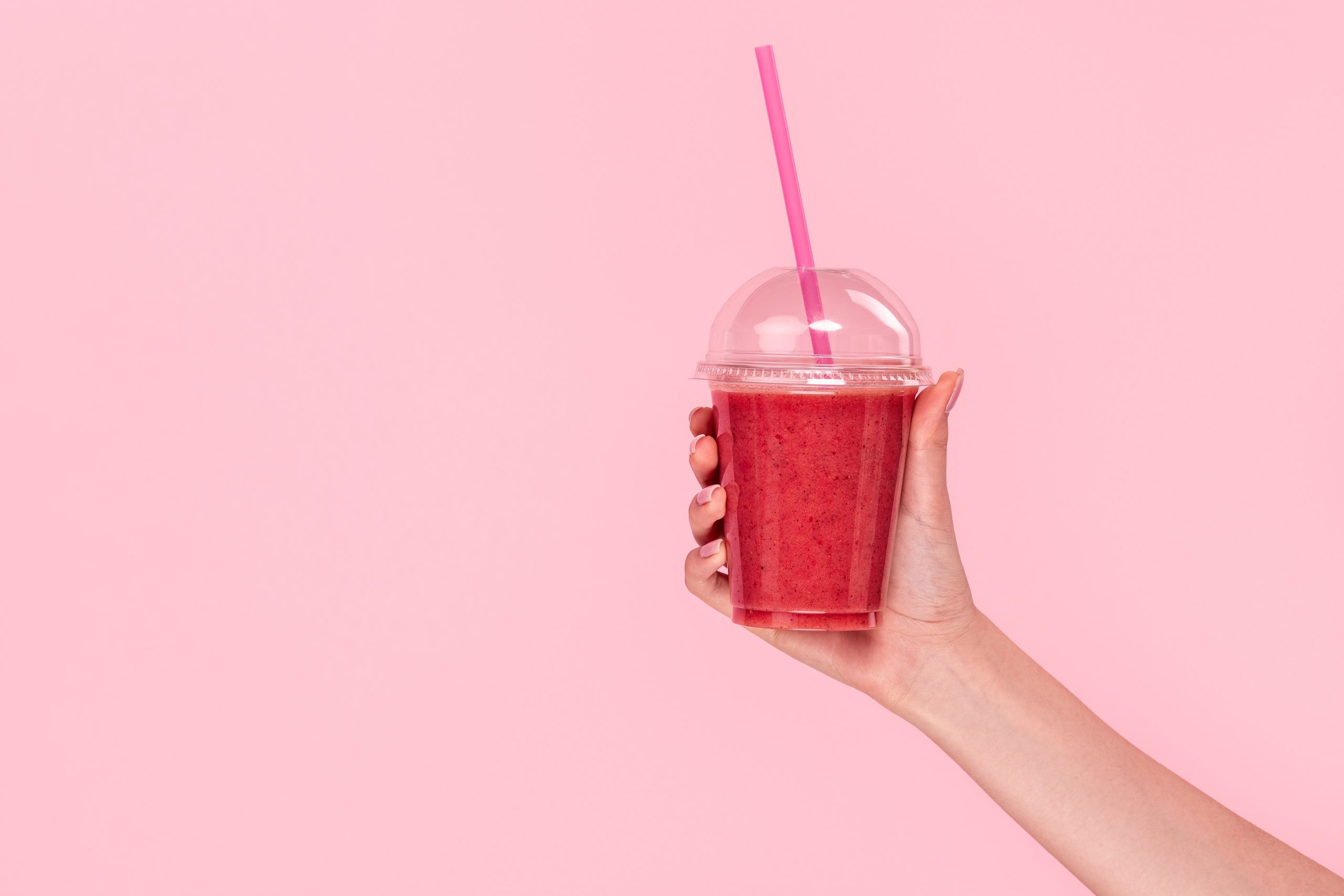Our favourite plant-based proteins, as submitted by managers at UBCO Food Services
When you think of protein, a piece of chicken breast or an omelet might come to mind. But plants can also be an amazing source of protein, too! You just need to know where to look!
If you’re looking for ways to increase your intake of whole plant foods, or even scale back on the amount of animal protein you are eating, these (insert number here) foods are full of not just protein, but other amazing nutrients, too!
Why do we need protein?
Protein is your body’s main building block, and helps:
- Build bones, muscles, cartilage and skin.
- Repair your tissue after exercise or injury.
- Oxygenate. Red blood cells contain a protein compound that carries oxygen throughout the body. This helps supply your entire body with the nutrients it needs.
- Digest. That’s because dietary protein helps make enzymes, which in turn helps in digesting food and making new cells.
- Regulate. Protein plays an important role in hormone regulation, especially during the transformation and development of cells during puberty.
- Satiate. Protein helps keep you feeling full longer.
- Fight illness. Protein also helps make antibodies that fight off infections and illnesses!
We should be looking to eat foods with protein in every meal, but if you’re used to finding your protein from meat, egg and cheese, you may not know how many other options are out there!
Plus, if you feel weak or fatigued regularly, or if you find yourself getting hungry shortly after eating a meal, those could be signs that you’re not getting enough. A registered dietitian can help you make tweaks to your diet to make sure you’re properly fueling your body. Connect with an RD for free here.
Learn more about Nine Important Functions of Protein in this article here.
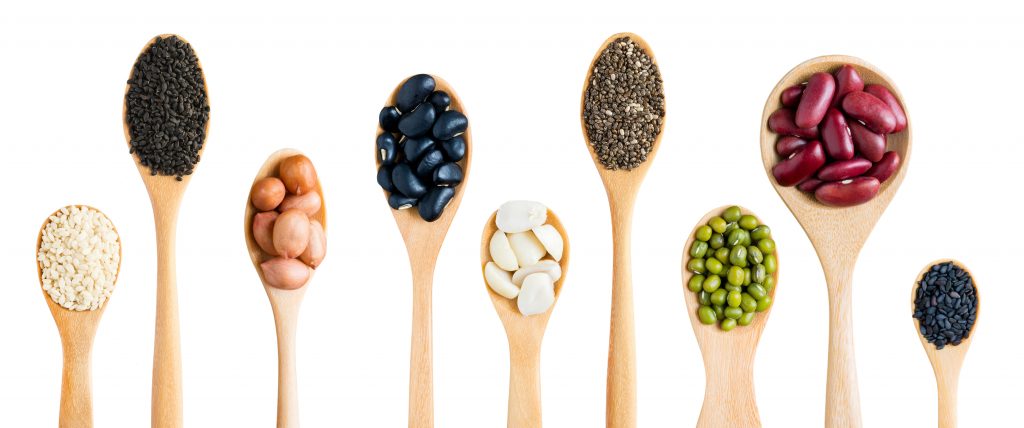
Our favourite plant protein sources:
UBCO Food Services loves plant-based proteins! Read on to see what ingredients we picked as our faves, and how we like to use them.
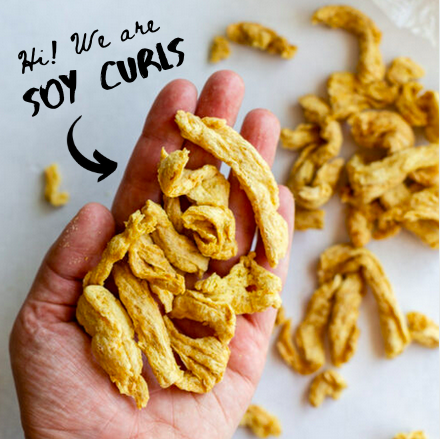
SOY CURLS
Plant-forward meals can be as satiating as you want them to be! To add some oomph, try adding soy curls! I love these for their versatility. Hydrate in hot water, squeeze out excess liquid, flavour using seasoning, herbs, spices, marinades, then bake. The texture is great as I find it mimics animal protein for those looking for a plant-based substitute.
- Chef Brad Vigue
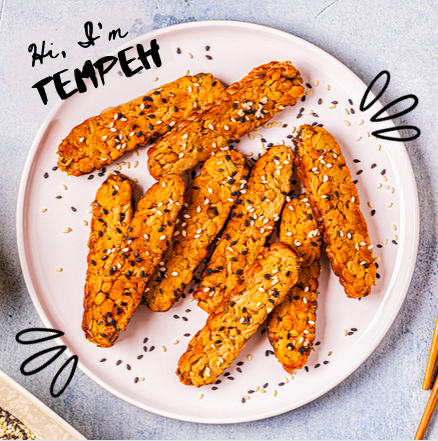
TEMPEH
Made from beans (like soybeans, for example) that are fermented and pressed into a block, tempeh is high in protein, prebiotics and other nutrients. Tempeh’s firm but chewy texture makes it a superb addition to sandwiches and salads. Or, crumble it to substitute for ground meat in recipes.
- Kristen Thompson, Marketing & Communications
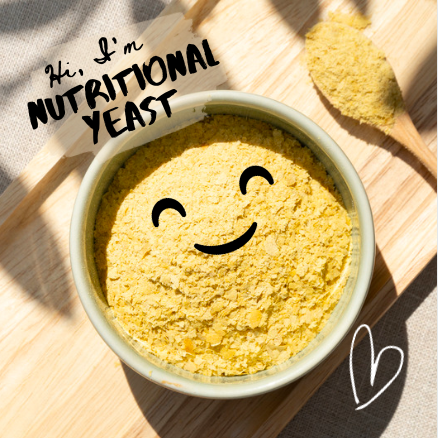
NUTRITIONAL YEAST
The secret ingredient in many creamy plant-based sauces, nutritional yeast is a great source of protein and B vitamins. I legit put it on everything. Adds a cheesy flavour and tons of vitamin B12. I even add it to cheese dishes like mac 'n cheese for more flavour and protein. My all-time favourite snack though is popcorn with nutritional yeast on it. Most grocery stores sell it, and a little bit goes a long way.
- Chef Chelsea Ashcroft
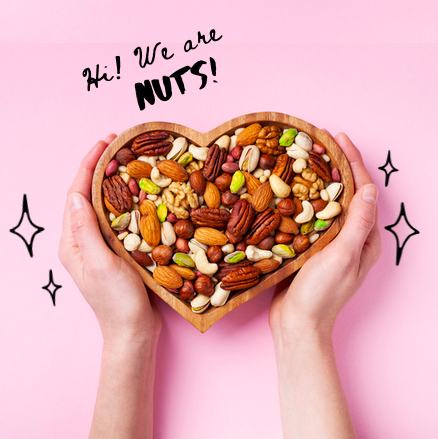
NUTS
That satisfying crunch, the sheer variety of options! Crunchy and tasty, nuts add fibre, healthy fats, and protein to any dish. Grab a handful as a snack, or garnish your morning oats with a tablespoon of nut butter to add protein and filling fats.
- Julie Stachiw, Manager Nutrition & Wellbeing (and Registered Dietitian)
I love nuts! They’re so versatile. You can eat them alone as a snack, or blend and make into sauces and dips. I try to cook with nuts as much as possible. My favourite nut dip is this cashew queso recipe. I buy my nuts in bulk.
- Chef Chelsea Ashcroft
Nuts are so easy to incorporate into your day. It doesn’t need to be just part of a meal. You can just grab a handful for snacking. They add versatility when used as a dairy replacement (cashew cream is a great way to replace dairy).
- Chef Brad Vigue
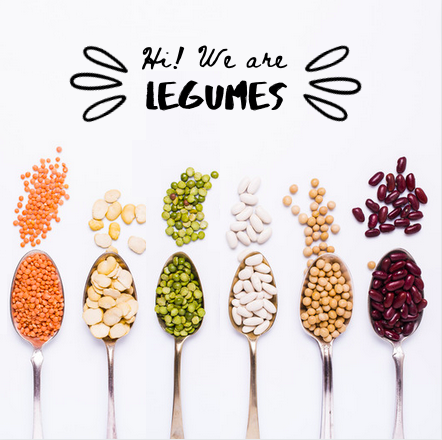
LEGUMES
Legumes like Lentils, peas, edamame, chickpeas, or any bean variety are packed with protein, along with fibre, too! Add them to bowls, soups, curries, tacos, or salads. Check the bulk bins at your grocery store for the best deals.
Chickpeas are Food Services faves. Kristen likes to make crispy curry chickpeas in the oven and add them to power bowls and salads. Julie likes to make homemade hummus to spread on sandwiches, or use with veggie sticks. And edamame gets another vote from Kristen. "I buy bags of frozen edamame, warm them up in a pot or the microwave, and put them on top of salads or rice bowls."
- Kristen Thompson and Julie Stachiw
I love dry beans and lentils because of how easy it is to incorporate them into every dish. Dry beans take on flavour during hydrating, so they are very versatile. Lentils, specifically du puy lentils, are one of my favourites. They maintain their shape and structure even if they get overcooked, so they are forgiving. Cook extra and have them available to add to salads, stirfrys and wraps.
- Chef Brad Vigue
Honourable Mentions:
Don't turn your fork up at these great plant-based proteins. In no particular order...
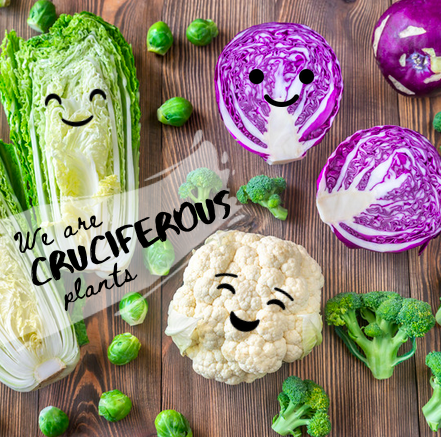
CRUCIFEROUS PLANTS
Crucif-ah-wha? Cruciferous! These are foods like arugula, bok choy, broccoli, Brussels sprouts, cauliflower and collard greens, all of which have protein. If raw and steamed aren't your jam, try roasting them! Check out this great and easy recipe for roasted Brussels sprouts and cauliflower.
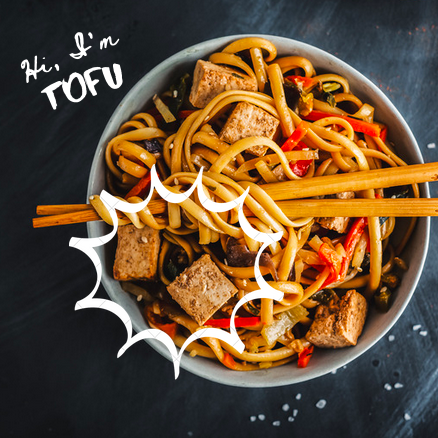
TOFU
Tofu, which is made from soybeans, is so versatile that you can use it in place of meat in a recipe, or even as a base for creamy desserts. Try this crispy baked tofu recipe, or this tofu chocolate pudding recipe.
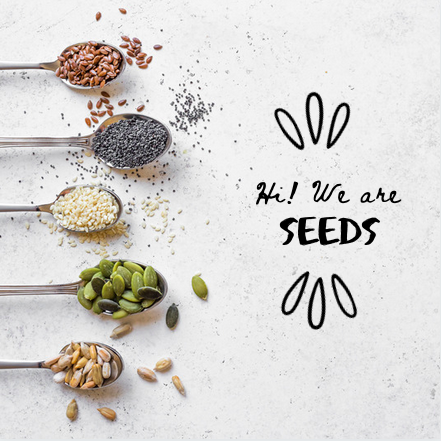
SEEDS
Seeds are a great source of protein and unsaturated fats. For a snack, reach for sunflower seeds or pumpkin seeds, or you can also sprinkle hemp seeds on your morning oatmeal or toast, or add ready-to-eat sprouts on your salad or bowl.
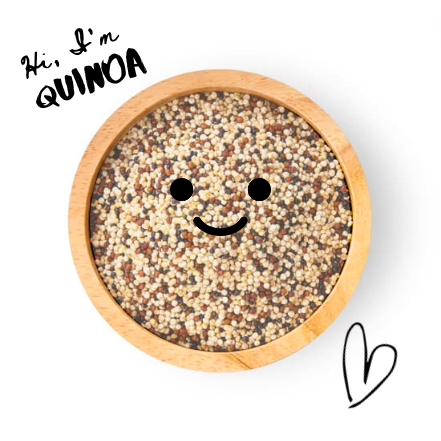
WHOLE GRAINS
You probably think of whole grains as primarily carbohydrates, but they also pack a protein punch. Millet, quinoa, sprouted whole grain bread, and other ancient grains are also great options to mix up your meals.
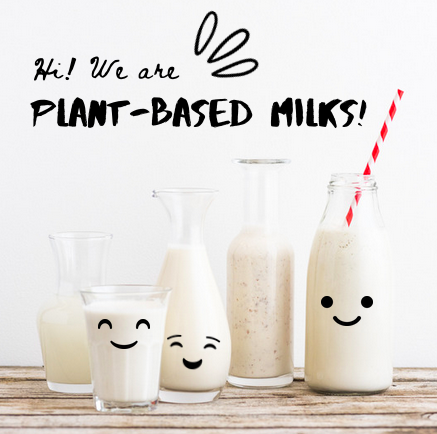
PLANT-BASED BEVERAGES
Some milk substitutes, such as soy milk and pea milk, have nearly as much protein as cow’s milk. Look for unsweetened or lightly sweetened varieties.
Where can I find plant-based and plant-forward food at UBCO?
All dining locations at UBCO offer plant-forward and plant-based options. You can view the residence dining menus online or see UBCO’s food website to find more vegetarian options in the café’s and outlets around the Okanagan campus!
Where can I find a Registered Dietitian?
If you are a student living in residence at UBC Okanagan email the Registered Dietitian with your food or nutrition question! For everyone else in British Columbia, you can call 811 to speak to a dietitian over the phone or email for free, and many extended health programs (including some coverage through the UBCO Student Benefit package) cover virtual and in-person visits with dietitians.
